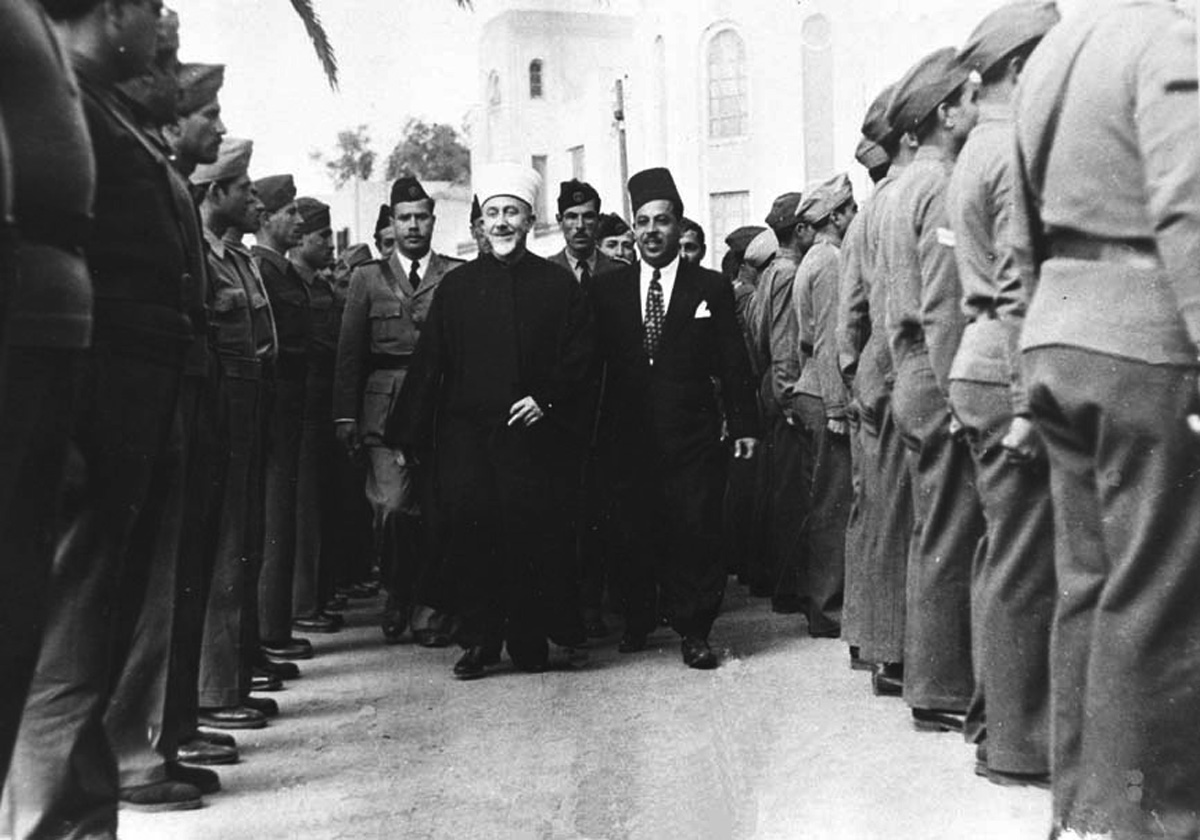Sixties Fan
Diamond Member
- Mar 6, 2017
- 67,285
- 12,048
- 2,290
MYTH
The Zionists were colonialist tools of Western imperialism.
FACT
“Colonialism means living by exploiting others,” Yehoshafat Harkabi has written. “But what could be further from colonialism than the ide- alism of city-dwelling Jews who strive to become farmers and laborers and to live by their own work?”26
Moreover, as British historian Paul Johnson noted, Zionists were hardly tools of imperialists given the powers’ general opposition to their cause. “Everywhere in the West, the foreign offices, defense min- istries and big business were against the Zionists.”27
Emir Faisal saw the Zionist movement as a companion to the Arab nationalist movement, fighting against imperialism, as he explained in a letter to Harvard law professor and future Supreme Court Justice Felix Frankfurter on March 3, 1919, one day after Chaim Weizmannpresented the Zionist case to the Paris conference. Faisal wrote:
The Arabs, especially the educated among us, look with deep- est sympathy on the Zionist movement . . . We will wish the Jews a hearty welcome home . . . We are working together for a reformed and revised Near East and our two movements complete one another. The Jewish movement is nationalist and not imperialist. And there is room in Syria for us both. Indeed, I think that neither can be a real success without the other (emphasis added).28
In the 1940s, the Jewish underground movements waged an an- ticolonial war against the British. The Arabs, meanwhile, were con- cerned primarily with fighting the Jews rather than expelling the British imperialists.
https://www.jewishvirtuallibrary.org/jsource/images/mf2017.pdf#page=9
The Zionists were colonialist tools of Western imperialism.
FACT
“Colonialism means living by exploiting others,” Yehoshafat Harkabi has written. “But what could be further from colonialism than the ide- alism of city-dwelling Jews who strive to become farmers and laborers and to live by their own work?”26
Moreover, as British historian Paul Johnson noted, Zionists were hardly tools of imperialists given the powers’ general opposition to their cause. “Everywhere in the West, the foreign offices, defense min- istries and big business were against the Zionists.”27
Emir Faisal saw the Zionist movement as a companion to the Arab nationalist movement, fighting against imperialism, as he explained in a letter to Harvard law professor and future Supreme Court Justice Felix Frankfurter on March 3, 1919, one day after Chaim Weizmannpresented the Zionist case to the Paris conference. Faisal wrote:
The Arabs, especially the educated among us, look with deep- est sympathy on the Zionist movement . . . We will wish the Jews a hearty welcome home . . . We are working together for a reformed and revised Near East and our two movements complete one another. The Jewish movement is nationalist and not imperialist. And there is room in Syria for us both. Indeed, I think that neither can be a real success without the other (emphasis added).28
In the 1940s, the Jewish underground movements waged an an- ticolonial war against the British. The Arabs, meanwhile, were con- cerned primarily with fighting the Jews rather than expelling the British imperialists.
https://www.jewishvirtuallibrary.org/jsource/images/mf2017.pdf#page=9


